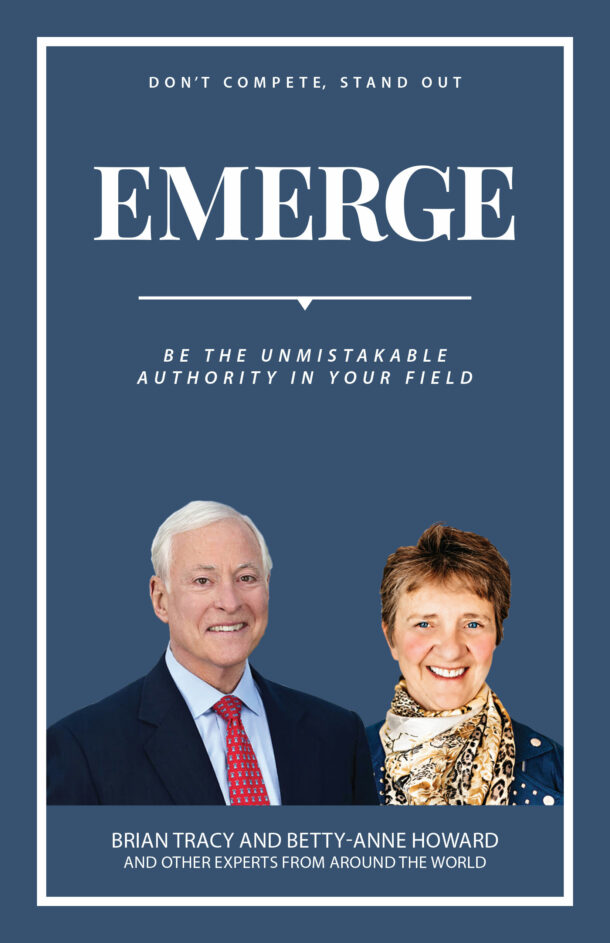
In the vast expanse of the universe, Earth is our home, and everyone and everything that we love inhabits its surface. It sustains life, fosters connections and relationships, preserves our history, and is the only place (so far) where our future generations will grow and live.
But as our population and civilization grew over the years, so did our need for efficient change to help make our lives easier. And although these changes helped our society in many ways, they have also been some of the contributing factors behind the development of climate change.
As defined by the United Nations, climate change is the long-term shift or adjustment of temperature and weather patterns. It’s the reason why some areas are experiencing unusual extreme weather changes like heavy heat and rainstorms. Many factors contribute to climate change, including natural processes such as volcanic eruptions and changes in solar activity.
However, based on many findings by scientists, the dominant cause behind climate change is human activity, such as the emission of greenhouse gasses, the release of various chemical air pollutants, and deforestation.
If these human activities continue along with a lack of action, global temperature is expected to become twice as warm as it already is in the next 100 years. As a result, we can expect a temperature increase of 3°F to 12°F by 2100. Scientists are also projecting that while some areas may experience more intense precipitation events along with strong winds and tropical storms annually, others may go through more drought seasons.
Climate change is already affecting the food and water we consume and the air we breathe. The question is, what can we do to stop climate change and heal our planet
Introducing Socially Responsible Investing
As mentioned above, one of the major culprits behind climate change is corporations that aren’t considering the environment in their business practices. One way to fight this is to invest in companies or organizations that are environmentally conscious and create the change that you want to see in the world.
This practice is known as socially responsible investing. In this blog, we will be discussing the large-scale impact you can make on the environment, simply by being selective in investing in companies that are fundamentally aware of the effects that they have on the environment.
What Is Socially Responsible Investing?
Socially responsible investing, or SRI, is the strategy of investing in companies that care about how their decisions affect the environment and society in general. The goal of socially responsible investing is to tap into financial and social gain. However, we need to remember that it’s still an investment, which means that monetary risks and fluctuations in the economic climate will still affect the investment.
So, although financial and social gains are the two primary objectives of SRI they don’t entirely go hand in hand. Just because you make the environmentally conscious decision of choosing where to invest your money, it doesn’t wholly guarantee you will get a good return. Our experience has shown us that the performance of responsible investments is at least as good as, if not better than more traditional types of investments.
ESG – Understanding environmental, social, and governance factors

After deciding to make a conscious effort to place your investments in companies that actually care about the environment, there is another consideration – the lenses to use in making these judgment calls. One way to do that is by incorporating environmental, social, and governance factors (more commonly known as ESG) into your decision-making process.
ESG is a set of factors that help us screen potential companies for investing. It’s a list of criteria that allows us to learn about a company’s list of policies, particularly in terms of how fairly they treat their employees and how they fulfill their part in safeguarding the environment. The main objective of these criteria is to encourage companies to be more aware of their decisions, which should not only be business-focused but also socially responsible.
In essence, ESG and SRI are two types of sustainable investing. Although their concepts overlap or are used interchangeably, their scopes and focuses differ. ESG is focused more on determining a corporation’s overall impact on the environment and on other society-related aspects. On the other hand, SRI is about being intentional about where we decide to put our money in terms of more specific ethical considerations.
Although SRI and ESG are different, SRI investors often use ESG considerations when deciding to invest in a particular company.
Ways To Screen Environmentally Aware Companies

When using ESG, there are three significant aspects or filters that help investors determine whether a company’s objectives are worth investing in.
- Positive Screening: Positive screening refers to the process of finding and actively investing in companies that exhibit all environmental, social, and governance aspects in the policies and actions they enact.
- Negative Screening: On the contrary, negative screening is the decision to purposely boycott organizations and sectors that don’t adhere to particular predefined ethical standards, as well as environmental, social, and governance factors.
- Norms-based screening: Norms-based screening pertains to the process of filtering companies you want to invest in using the basis of the international norms corporations practice. As such, it uses frameworks like the UN Human Rights Declaration, UN treaties, and Security Council sanctions, among others.
Ultimately, the decision to select the best screening method will depend on which one makes it easier for you to filter out potential company investments. However, many investors believe that these screening methods work best when used in combination with each other.
Although these screening methods may be used to assess a company’s environmental awareness, investors should also dig deeper into how this data is incorporated into their actions, for example, analyzing whether the company has had previously reported actions of making false claims or greenwashing. You can assess this data by implementing additional analytical strategies, and also by using third-party research bodies. We are actively involved in partnership with companies that specialize in responsible investment strategies in order to help advise our clients who are seeking out investments that are aligned with their values.
SRI And The Net Zero Agenda

Making an effort to be more mindful of investing in environmentally aware corporations can make a big difference in helping avert climate change. As I mentioned earlier, societal developments are inevitable, so we might as well do what we can to contribute to companies that are helping save the environment when investing.
One of the many strategies international organizations have devised to save the Earth from global warming is the net zero commitment. The net-zero agenda is a project by the United Nations with the goal of achieving the net-zero trajectory goal for 2050. This is based on UN reports where they found that the best way to stop the further impact of climate change is to reduce global temperature by 1.5°C above pre-industrial levels.
To achieve that, countries are encouraged to make efforts to reduce their greenhouse gas emissions to net zero by the year 2050. How is this concept related to SRI? If we continue to support corporations who care about the environment, we’re also doing our part in helping achieve this cause.
Saving The Planet One Conscious Investment At A Time
Investing is the best way to make the most out of the money you earn. And by choosing to practice socially responsible investing or SRI, not only are you building wealth with your money, but you’re also contributing to preserving the Earth’s resources. Remember, at present, we only have one livable planet, so let’s do what we can to save it while we still have the opportunity. And if you need expert advice about making SRI or ESG investments, feel free to book a call with me so we can explore your financial journey together.
Enjoyed this article? You might also enjoy:
How Remembering My Roots Gave Me A New Lease on Life
Our Lives and Our Legacy: A Personal Essay
Budgeting vs. Cash Flow Planning: A Fresh Approach to Managing Your Money






0 Comments